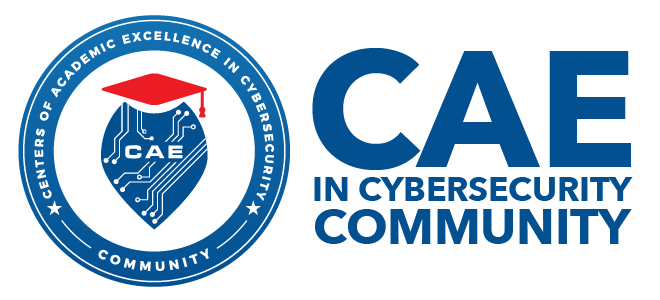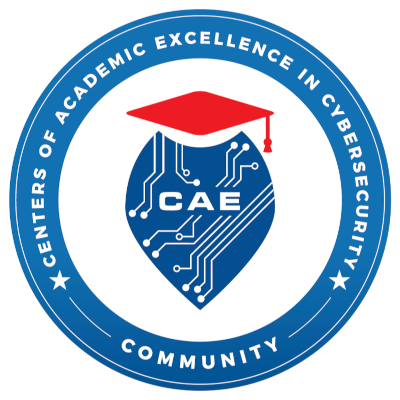Container-based Ethical Application Hacking Hands-on Labs
This mini-workshop aims to introduce a series of hands-on labs designed and packaged in software containers, allowing instructors to deploy them quickly on the cloud or cyber range environment without extensive configuration. The hacking labs exploit application vulnerabilities to launch common attacks such as data races, buffer overruns, code injection, and other web-based attacks. The primary goal of these hands-on hacking labs is to raise awareness about software vulnerabilities and their potential consequences among students who will be future software developers.
Evolving Undergraduate Cybersecurity Programs to Counter Evolving Cyber Threats: Integration of Malware Analysis
Due to the increasing threat to both government and industry information systems, it is necessary for cybersecurity programs to produce graduates that can react to the increasingly complex attempts by hostile actors to exploit computer networks. To respond to these growing threats, it is critical for graduates of cybersecurity undergraduate programs to have knowledge of the concepts, techniques, and tools to break down and analyze malicious software used by hostile actors, and understand evolving cyber-attack tactics, techniques, and procedures.
InDeMASS: An AI-Enabled Knowledge Guided Framework for Realizing In-Depth Malware Analysis at Scale
Malicious programs are not new. Many approaches have been proposed from signature-based methods in most anti-virus products to machine learning approaches that try to classify samples based on extracted features. There are inherent challenges to carry out systematic in-depth malware analysis. Only recently have very large datasets become available. There are three families of techniques for malware analysis: static analysis, dynamic analysis, and symbolic execution.
Using Cyber Competitions to Bridge the Gap from Curriculum to Careers
The purpose of this session is to share best practices for educators to utilize cyber competitions with their students to build technical skills and demonstrate job-readiness to employers. While demand for cybersecurity talent is only increasing, students may still encounter difficulty in obtaining entry-level jobs. Many cybersecurity roles require multiple years of experience, which has led to employers being inundated with candidates for true entry-level jobs.
Teaching with Cybersecurity Playable Case Studies
Playable Case Studies (PCSs) are interactive simulations that allow students to play through an authentic case study (i.e., scenario) as a member of a professional team. They include (a) an immersive, simulated online environment, and (b) accompanying in-class activities and discussions facilitated by a teacher to provide educational scaffolding and metacognition. PCSs are designed to be authentic and feel real by incorporating the "This is Not a Game" (TINAG) ethos from Alternate Reality Games.
Establishing a Large-Scale, Dynamic Consortium in Support of Cybersecurity Education
This session will discuss a large-scale, multi-million-dollar project that is funded by the DoD-NDEP, one of only five national cooperative agreements funded in September 2022. This project focuses on the establishment of a vibrant, collaborative consortium of six community colleges (CCs), led by a four-year institution, all working together to enhance STEM education across Pennsylvania with special emphasis on cybersecurity.
Five Steps to Building Corporate Relationships, Curriculum Collaboration and Customization
Corporate Collaboration in Curriculum Design and Development. Background: The Cybersecurity Highschool Innovations collaboration with Blue Origin started with a tour for 40 high school teachers and academic faculty. This collaboration resulted in the development of an award-winning industry designed curriculum. In this 20-minute workshop, every participant completes a customized form to develop an outreach strategy with business(es) in their area to support employer outreach/workforce development activities.
Business and Industry Leadership Team (BILT)
The landscape of cybersecurity is constantly changing. The Business and Industry Leadership Team (BILT) helps keep programs current on trends and helps schools keep programs current on what candidates will encounter in the field. This presentation highlights how Metropolitan Community College in Omaha uses the BILT.

